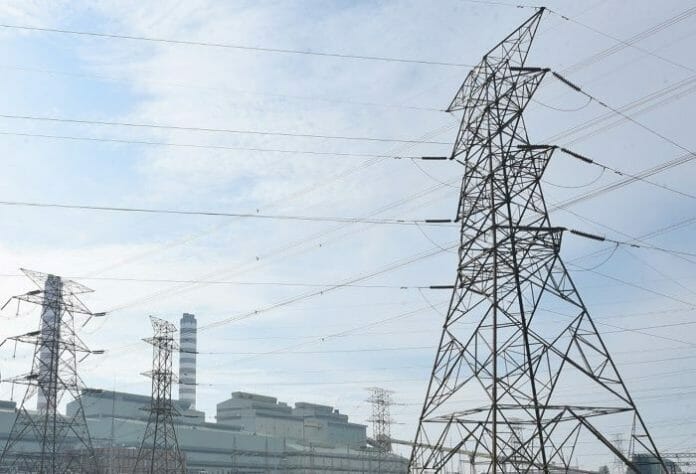The announcement of the corporate green power programme (CGPP) awards totalling 563.42MW to 22 solar producers should somewhat benefit existing companies (where TNB appears to be the biggest winner), while encouraging more new players to share a piece of the pie.
“We continue to favour EPCC-related players as we expect the contract flows to sustain in 2024,” said RHB Research (RHB) in the recent Malaysia Sector Update Report, maintaining the Overweight call on the utilities sector.
The Energy Commission announced the successful selected solar power producers under the CGPP. A total of 71 applications have been received thus far and a total 563.42MW out of the offered 800MW were awarded to 22 producers.
Most of the players secured about 30MW while a few players secure a smaller capacity in the range of 7- 15MW. It is unclear at the moment whether the remaining quota of 236.58MW will be awarded subsequently.
“We believe the EPCC tender would probably kick-in soonest by end 2023 as the New Enhanced Dispatch Arrangement (NEDA) approval could take 3-6 months,” said RHB Research.
The shortlisted power producers are required to apply to Single Buyer for participation in the NEDA programme within three months after the date of notification of the application status.
A tripartite power purchase agreement (likely to be 21 years) is expected to be signed between TNB, selected power producers and their respective offtakers.
“We also think the financial closure process of some projects may take relatively longer than the previous LSS projects given the offtakers’ credibility that will have to be assessed separately,” said RHB.
While the tariffs are not disclosed, RHB estimates the internal rate of return (IRR) of these solar projects could vary depending on the agreed tariff locked in with their respective offtakers – some projects potentially fetching IRR of low midteens given solar panel prices have retraced to about USD0.18-0.22/W.
Risks identified by RHB are such as the lower-than-expected new renewable energy (RE) capacity rollout and higher-than-expected operating costs.









